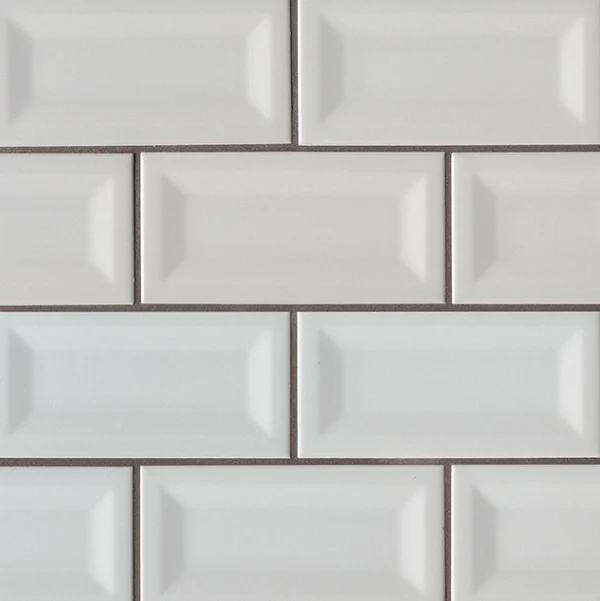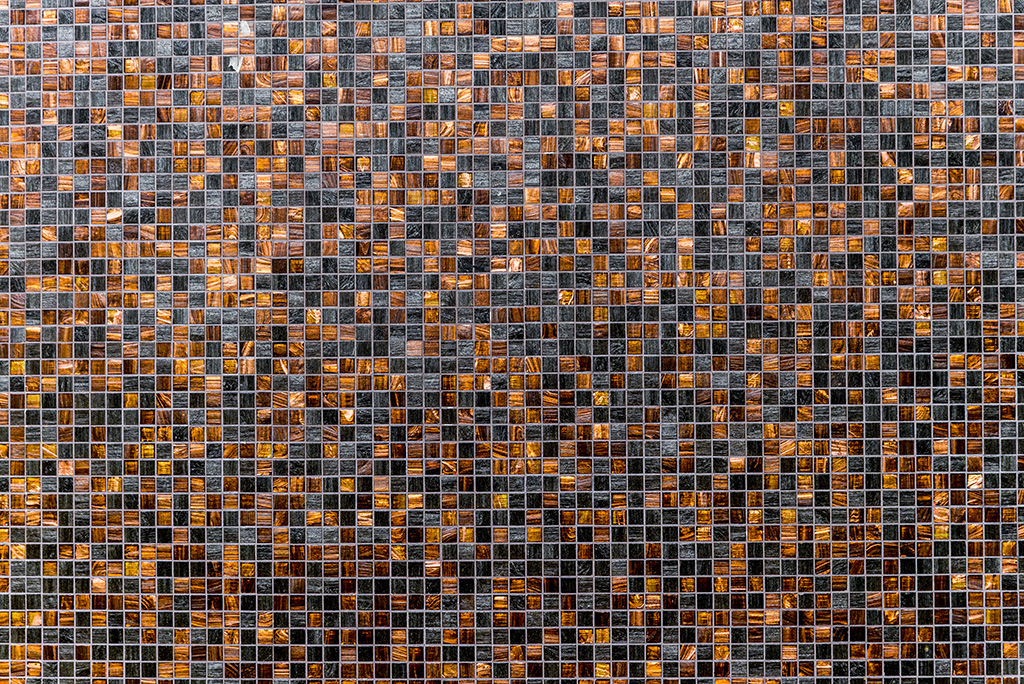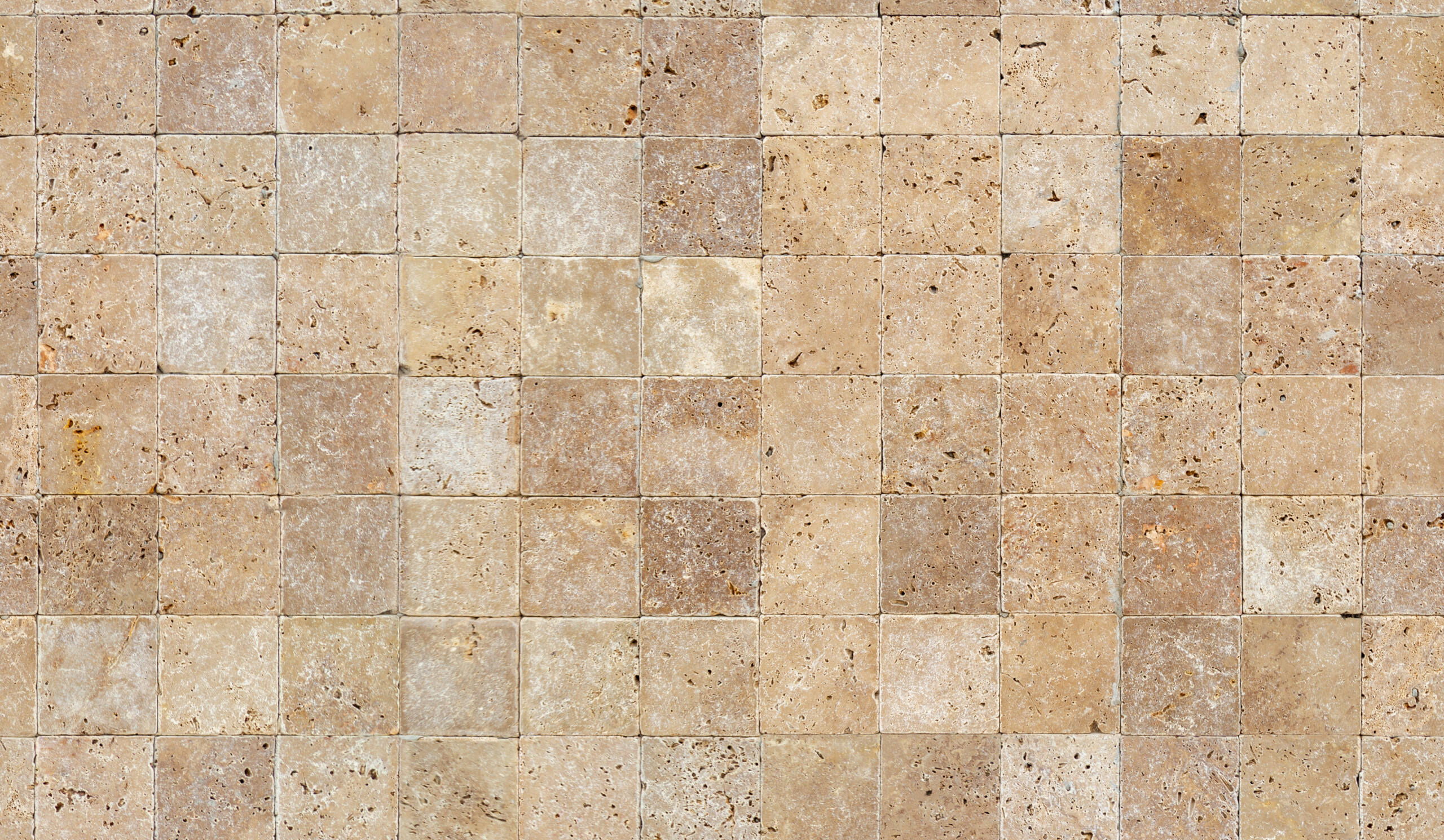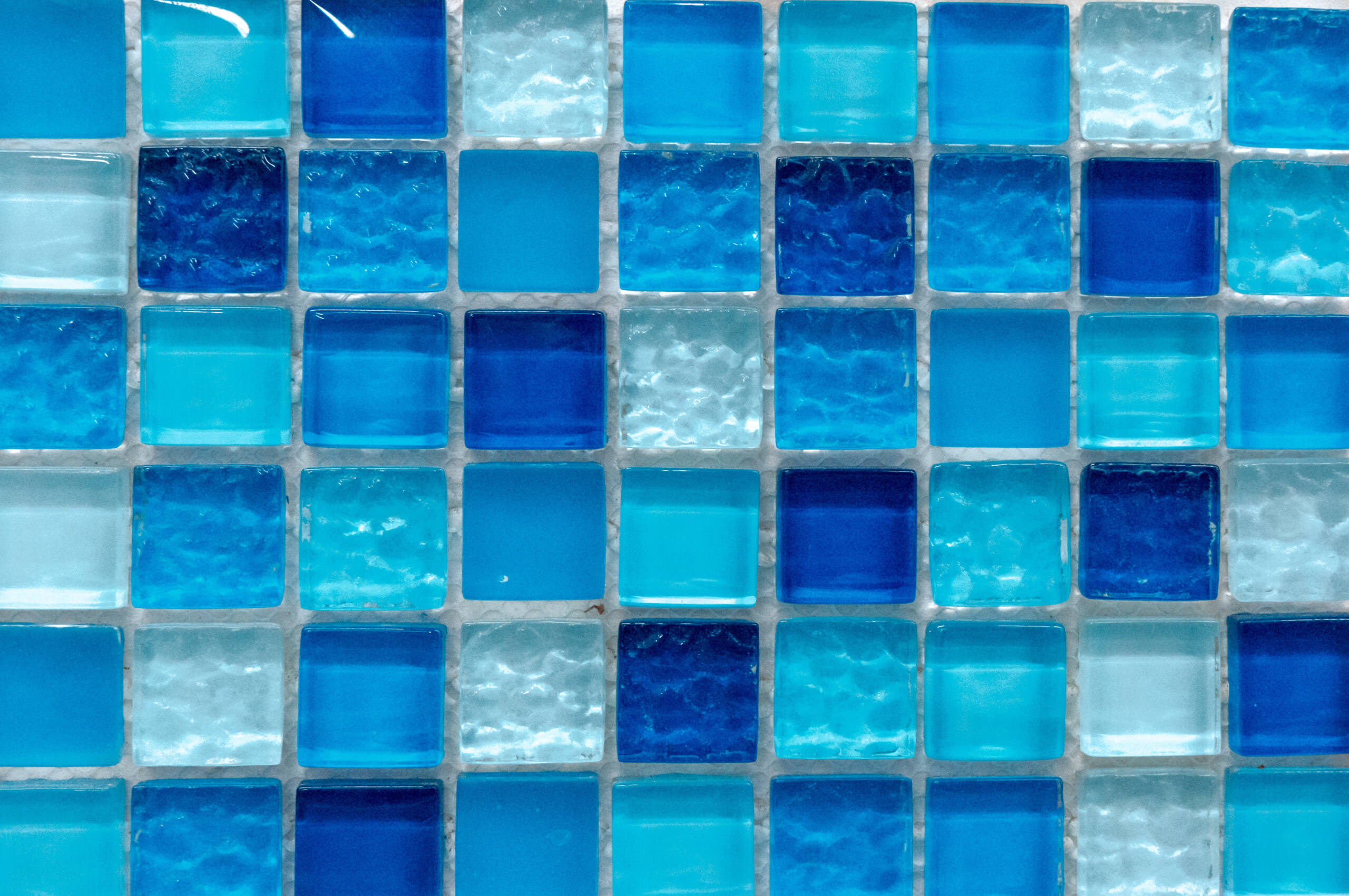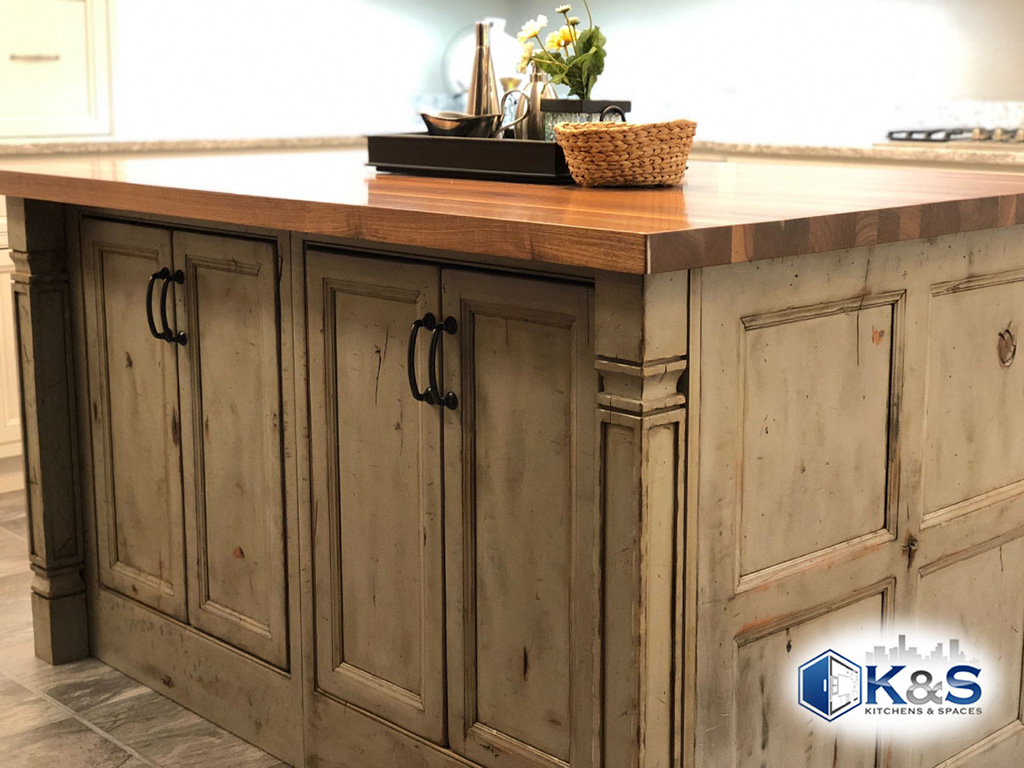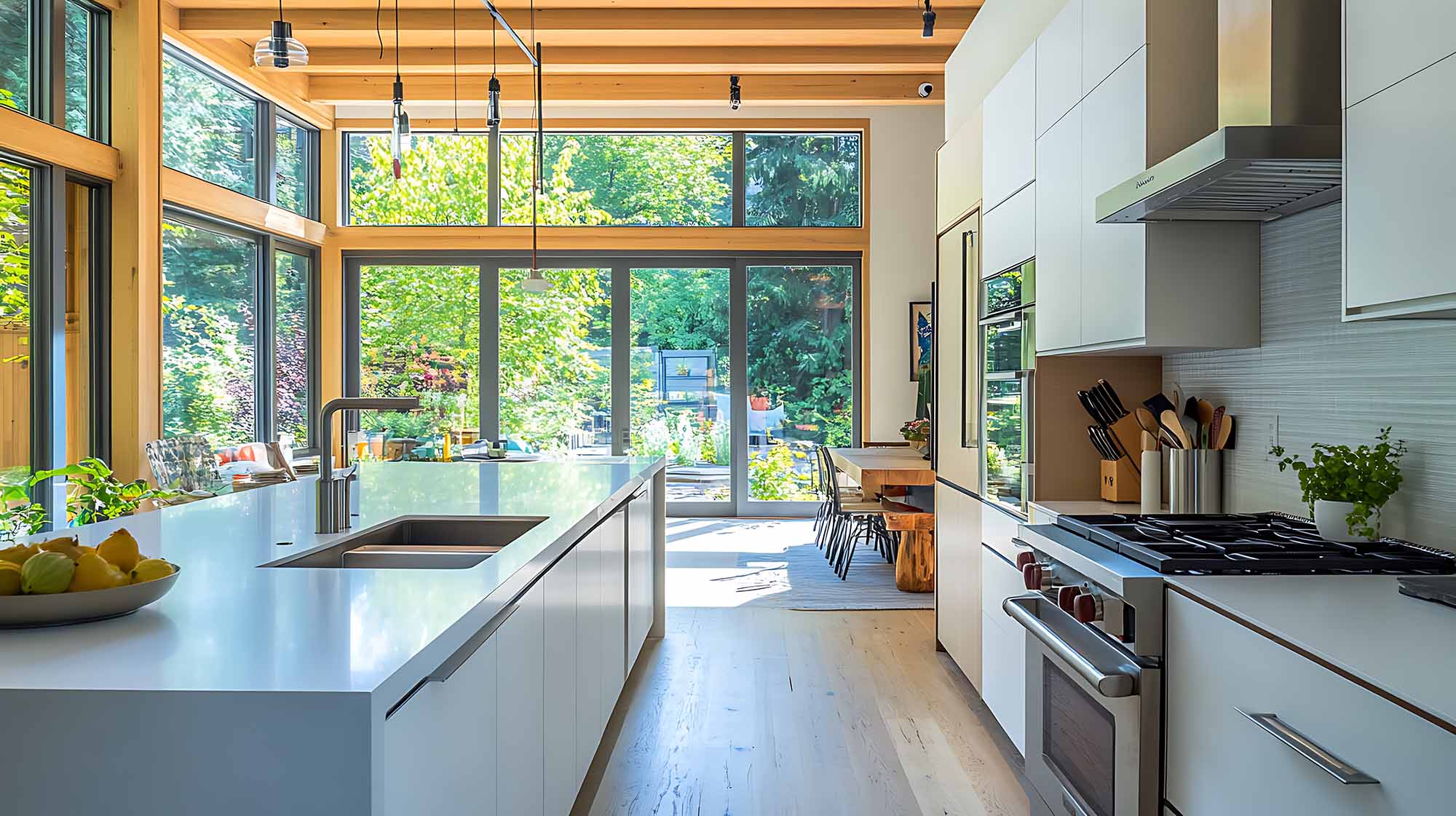Tiles are a popular choice for flooring, walls, and backsplashes due to their durability, aesthetic appeal, and ease of maintenance. With so many options available, it’s essential to understand the characteristics of different tile types and their ideal applications. Below, we created a home tile guide to document some of the most common tile varieties and where they work best in your home.
Ceramic Tile
Ceramic tile is one of the most widely used options due to its affordability and versatility. Made from natural clay that is fired at high temperatures, ceramic tiles come in a range of colors, patterns, and finishes.

Porcelain Tile
Porcelain tile is a more refined and dense version of ceramic, fired at a higher temperature for increased durability. It is often used in areas with high moisture or heavy foot traffic.
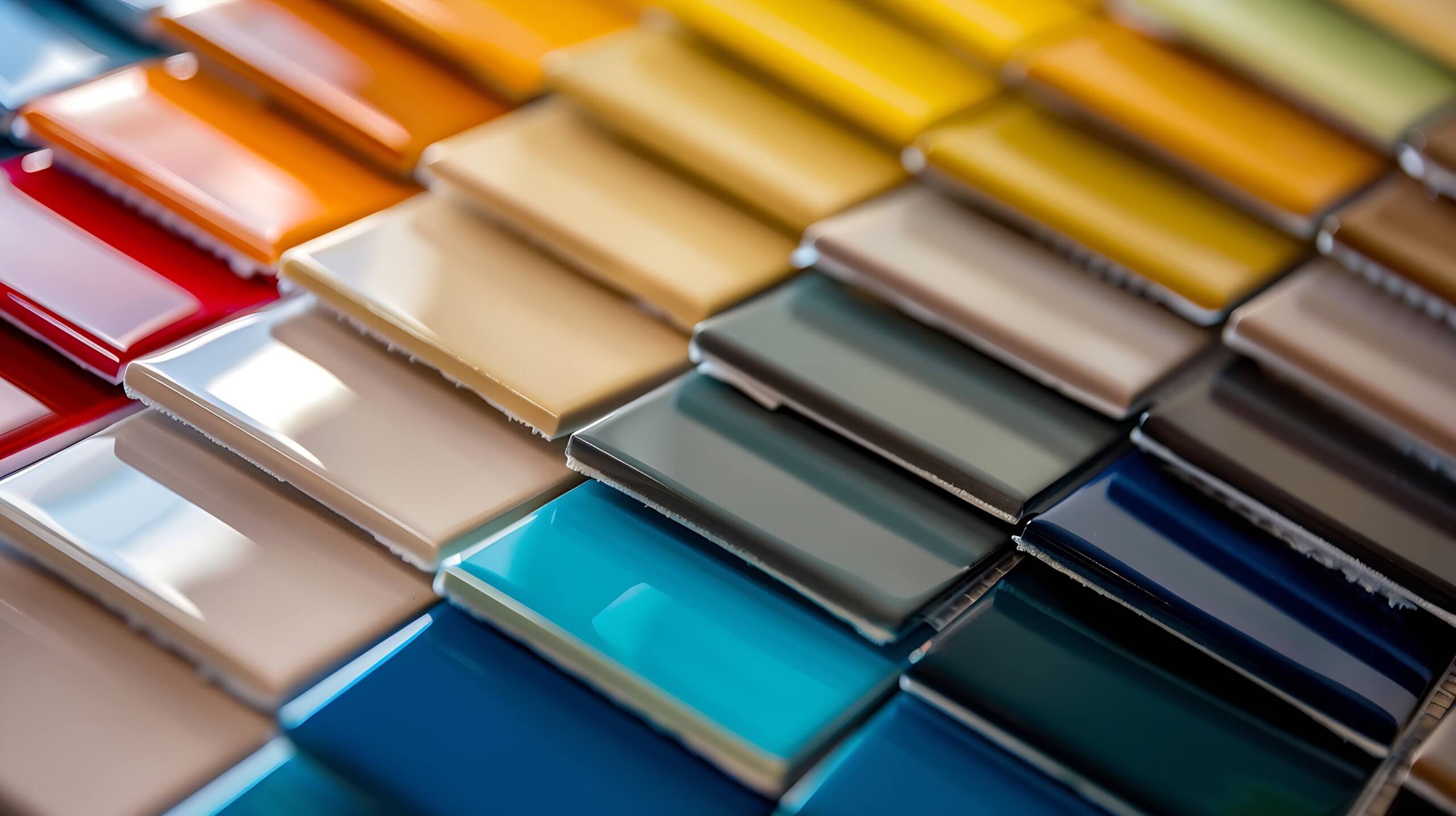
Final Thoughts on Home Tile Options
When selecting tiles for your home, consider factors like durability, water resistance, maintenance requirements, and aesthetics. Whether you opt for ceramic for a budget-friendly home remodel, porcelain for high-traffic areas (like mudrooms and entryways), or natural stone for an upscale look, there is a perfect tile option for every project.
With the right tile choice, you can enhance the beauty and functionality of your home while ensuring longevity and style that suits your needs.

